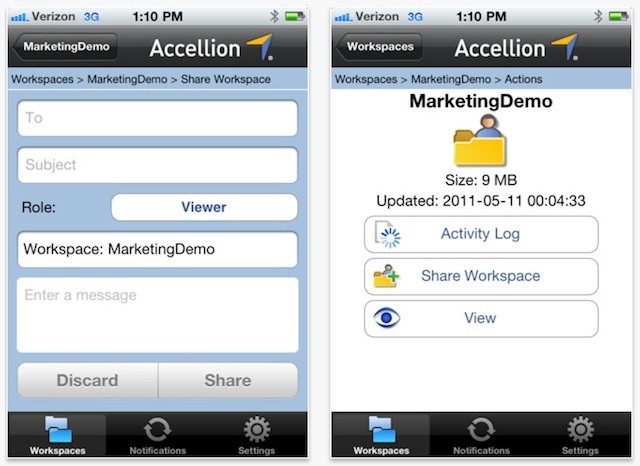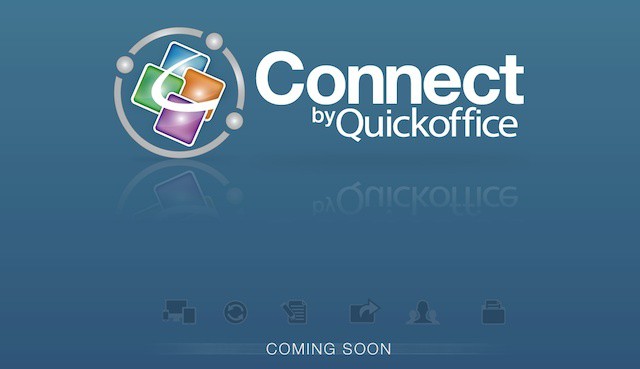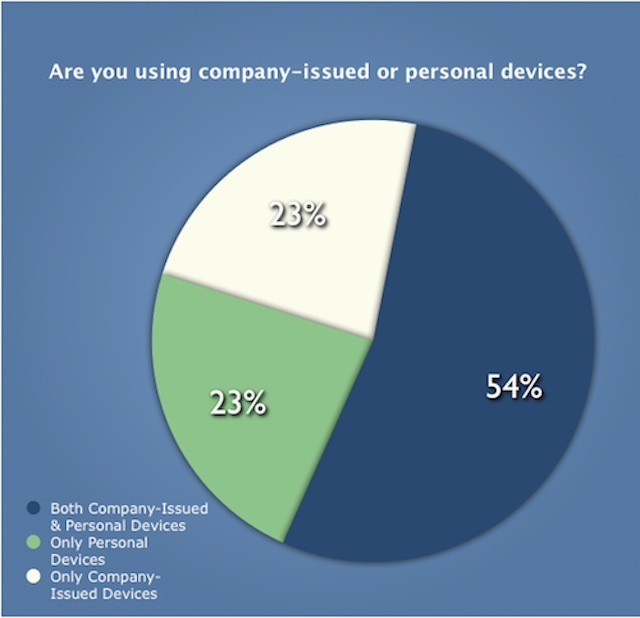Thursby last week released ADmitMac PKI 4. The release is a specialized version of the company’s ADMit Mac software that focuses two factor authentication. The solution is largely aimed at government customers and regulated industries like healthcare where data security is paramount.
Thursby’s ADMitMac is an Active Directory integration solution that offers several features beyond the built-in Active Directory support that Apple provides in OS X. It offers Mac management capabilities, improved browsing of Windows network resources including Microsoft’s distribute file system, and a number of other administrative tools.




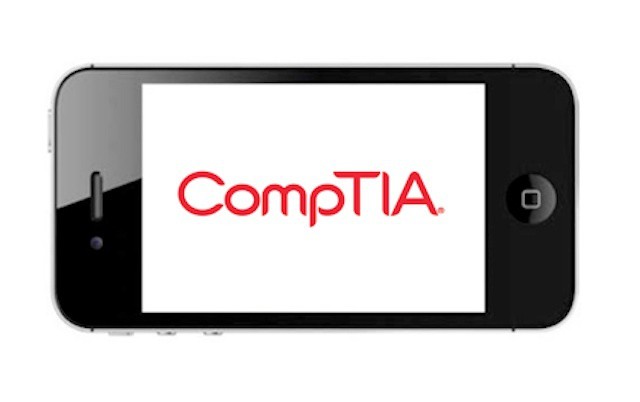

![Thousands of Macs In The Enterprise – How The Big Companies Roll [Feature] Managing hundreds or thousands of Macs in big companies requires the right skills and the right tools](https://www.cultofmac.com/wp-content/uploads/2012/04/2775460696_27b1aef4161.jpg)
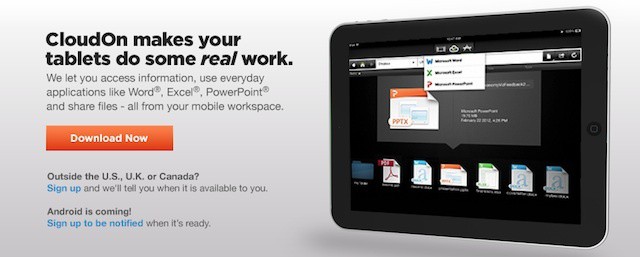

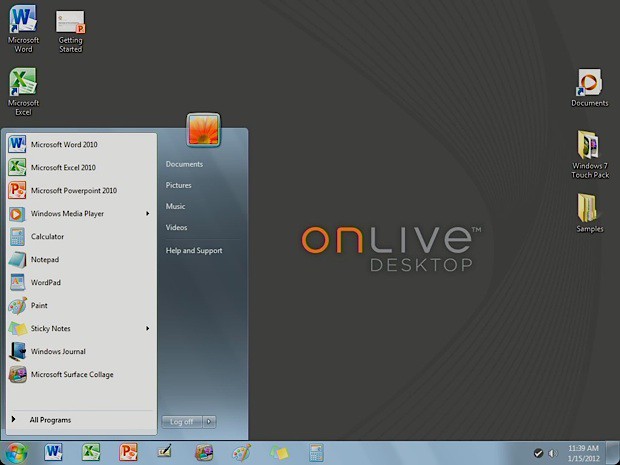






![FileMaker 12 Turns The Volume Up Way Past 11 [Review] FileMaker launches new version centered on iOS development](https://www.cultofmac.com/wp-content/uploads/2012/04/fm-title1.jpg)

